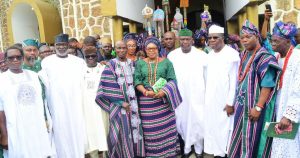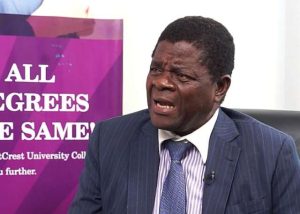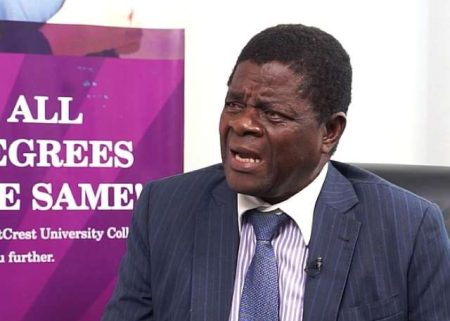President Bola Tinubu’s administration has embarked on a significant policy shift by removing fuel subsidies, a move aimed at addressing long-standing economic challenges and redirecting resources towards more impactful social programs. This decision, while economically sound in the long term, has understandably led to concerns about its immediate impact on the cost of living for Nigerians. To mitigate these potential hardships, the Tinubu administration has launched a comprehensive palliative intervention program, a key element of which is the Presidential Compressed Natural Gas Initiative (PCNGi). This initiative is strategically positioned to provide Nigerians with access to cleaner, more affordable energy alternatives, thereby cushioning the effects of the fuel subsidy removal.
The PCNGi represents a multifaceted approach to addressing the energy needs of the nation. Compressed Natural Gas (CNG) offers a viable alternative to traditional gasoline, boasting both economic and environmental advantages. By promoting the adoption of CNG, the initiative aims to reduce the country’s reliance on imported petroleum products, thereby strengthening energy security and promoting domestic resource utilization. Additionally, CNG burns cleaner than gasoline, contributing to improved air quality and aligning with global efforts to mitigate climate change. The initiative’s focus on affordability is crucial in ensuring that the transition to CNG benefits all segments of society, particularly those most vulnerable to price fluctuations in the energy sector.
To spearhead this crucial initiative, President Tinubu has appointed Barrister Ismael Ahmed as the Executive Chairman of the PCNGi. Ahmed brings a wealth of experience and expertise to this role, having served as Senior Special Assistant to former President Muhammadu Buhari on the National Social Investment Program. His involvement in this program, which focused on providing social safety nets and economic empowerment opportunities, underscores his understanding of the challenges faced by vulnerable populations and his commitment to implementing effective social programs. His legal background and master’s degree in international relations, communications, and diplomacy further equip him with the necessary skills to navigate the complex landscape of energy policy and international cooperation.
As Executive Chairman, Ahmed is tasked with the overarching responsibility of coordinating the nationwide operations of the PCNGi. This involves developing and implementing a comprehensive strategy for the adoption of CNG across various sectors, including transportation, industry, and households. He will be responsible for overseeing the establishment of necessary infrastructure, such as CNG filling stations and conversion workshops, to facilitate the widespread use of this alternative fuel. Collaboration with stakeholders across the public and private sectors will be crucial in ensuring the success of the initiative, and Ahmed’s leadership will be instrumental in fostering these partnerships.
The success of the PCNGi hinges on a number of crucial factors. First, effective public awareness campaigns are needed to educate Nigerians about the benefits of CNG and to address any misconceptions or concerns they may have. This includes highlighting the cost savings, environmental advantages, and safety aspects of using CNG. Second, ensuring the affordability and accessibility of CNG conversion kits for vehicles will be essential in encouraging widespread adoption. Government incentives and subsidies could play a significant role in making the transition to CNG financially viable for individuals and businesses. Third, establishing a robust regulatory framework for the CNG industry will be crucial in ensuring safety standards and promoting fair competition.
The PCNGi is more than just an energy initiative; it represents a commitment to a more sustainable and economically resilient future for Nigeria. By diversifying the country’s energy mix and promoting the use of cleaner fuels, the initiative contributes to both economic growth and environmental protection. The appointment of Ismael Ahmed as Executive Chairman signals the importance that the Tinubu administration places on this initiative, and his leadership will be instrumental in realizing its full potential. The PCNGi holds the promise of a cleaner, more affordable, and secure energy future for Nigeria, and its successful implementation will be a significant step towards achieving the country’s development goals.














